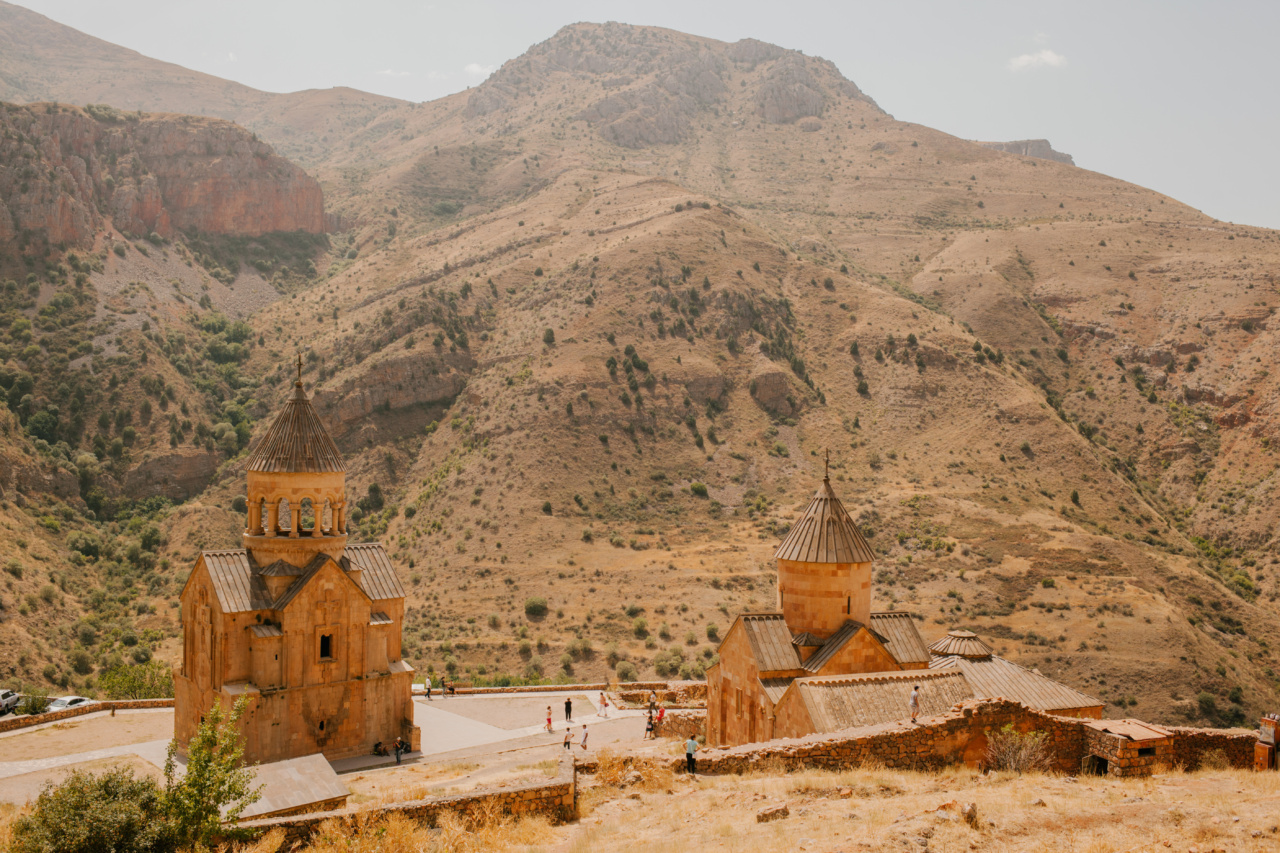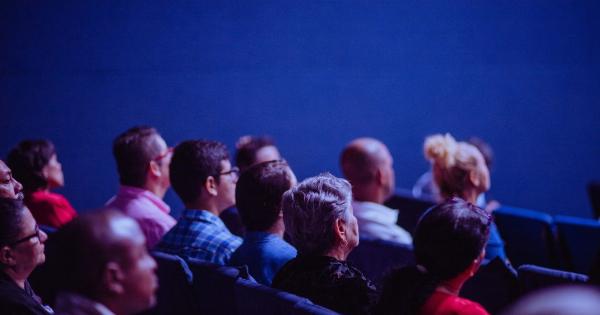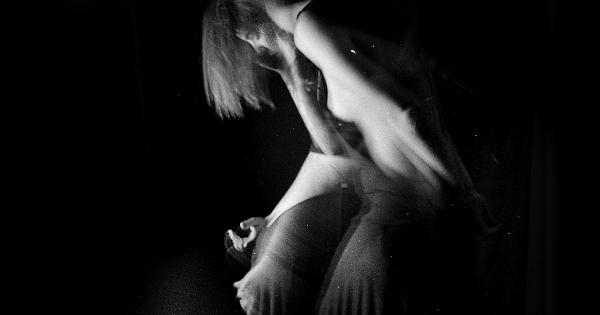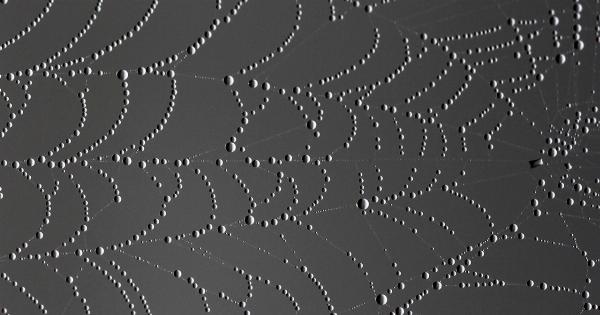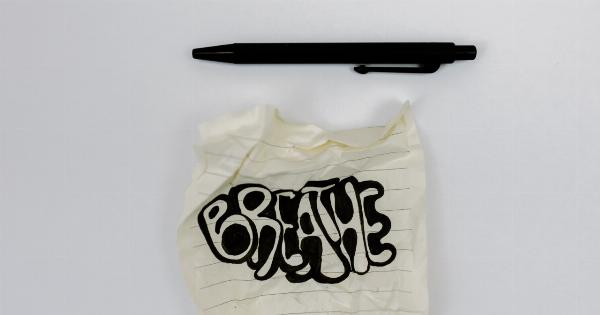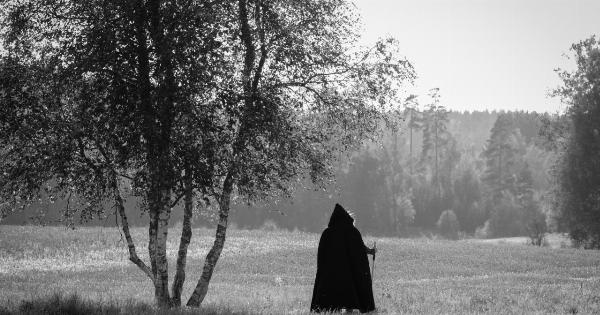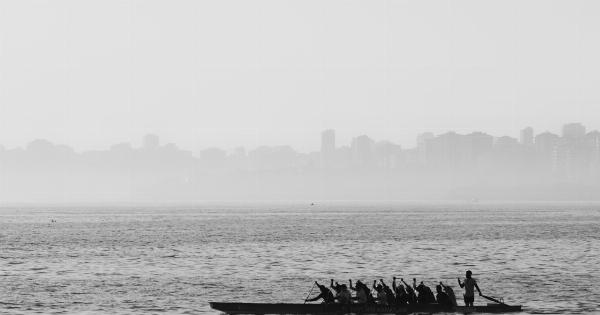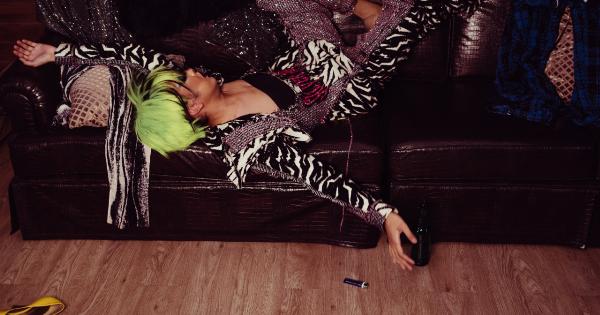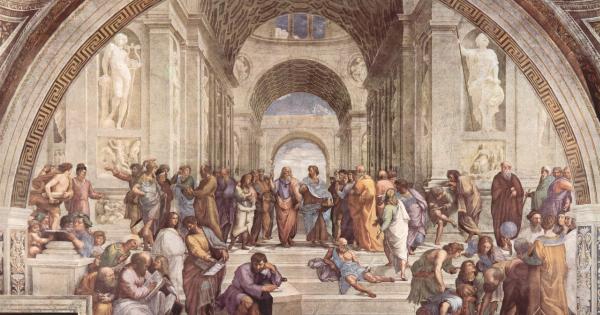Human sexuality, with its complexities and intricacies, has been a topic of discussion for centuries. It has been studied and explored through various disciplines such as psychology, sociology, biology, and medicine.
However, two of the most significant fields that have shed light on the intricacies of human sexuality are poetry and religion.
Poetry and Sexuality
Poetry is a medium that allows for exploring nuanced human emotions and experiences. It allows for the expression of sexual desire, love, lust, and heartbreak.
Through poetry, people can relate to one another’s experiences of sexuality, despite differences in gender, culture, and sexual orientation. Poets have explored human sexuality throughout history. From ancient poets such as Sappho, to modern-day poets such as Warsan Shire, poetry has been a tool for exploring human sexuality and its complexities.
Religion and Sexuality
Religion, on the other hand, has had a complicated relationship with sexuality. Many religions have strict rules and codes of conduct regarding sexual behavior.
For instance, in Christianity, sexual acts outside of heterosexual marriage are considered sinful. The same is true for Islam and Judaism.
In Hinduism, sexual pleasure is recognized as one of the four goals of life, but only within the bounds of marriage. Despite such strict codes, religion continues to be one of the significant influences on individuals’ sexual behavior, beliefs, and identity. It has played a significant role in shaping people’s attitudes toward sexuality and gender throughout history and around the globe.
Interplay Between Poetry and Religion
The relationship between poetry and religion is a complex one. Poetry has been used to express religious experiences and beliefs throughout history. Religious texts such as The Bible and The Quran contain numerous passages that are poetically written.
Religious figures such as Rumi, St. John of the Cross, and Mirabai wrote poems that explored the love and devotion to a higher power.
Poetry can also be seen as a tool for challenging religious beliefs. Poets such as Walt Whitman and Allen Ginsberg rejected strict religious dogma and explored sexuality and spirituality in their works.
The Intersection of Poetry, Religion, and Sexuality
The intersection of poetry, religion, and sexuality can be seen in the works of many poets. One such example is the works of Jalaluddin Rumi, the 13th-century Persian poet. Rumi’s works express the spiritual and the physical aspects of love.
His poems explore the profound and intimate connection between the lover and the beloved, which is similar to the relationship between the believer and the divine.
Another example is the works of Emily Dickinson. Dickinson’s poems often explore the complexities of love and desire while also probing into spiritual themes.
In her poem “Wild Nights,” she writes about a physical and spiritual union, where “The earth is the wife of the stars.”.
Challenges in Understanding Human Sexuality
Despite centuries of exploration and study, human sexuality remains a topic fraught with challenges and complexities. One of the challenges is the stigmatization of individuals whose sexuality falls outside of societal norms.
LGBTQ individuals, for instance, often face discrimination and persecution because of their sexual orientation.
Another challenge is the lack of comprehensive education and understanding about sexuality, its complexities, and how it relates to our physical and mental health.
Many cultures and societies view sexuality as taboo, leading to a lack of conversations on the topic. This taboo around sexuality can lead to misunderstandings, misinformation, and shame.
The Role of Poetry and Religion in Understanding Sexuality
Poetry and religion can play a vital role in understanding and exploring sexuality. Poetry allows for the expression of nuances of human emotion, which can help individuals feel seen, heard, and understood.
It allows for a deeper understanding and appreciation of diverse sexual experiences and orientations.
Religion, despite its challenges and controversies, offers a framework and moral compass for understanding sexuality. It provides a sense of community and shared values that can guide individuals in understanding their sexual identity and behavior.
Conclusion
Exploring human sexuality is a complex and nuanced topic, one that is often fraught with challenges and misunderstandings.
However, through the lens of poetry and religion, individuals can gain a deeper understanding of their own sexuality and the sexuality of others.
Poetry offers a space for exploration and expression of diverse sexual experiences and orientations, while religion provides a moral compass and a sense of community that can guide individuals in exploring their sexuality.
By understanding and appreciating the complexities of human sexuality, society can move towards a more inclusive and accepting understanding of sexual and gender identity.
